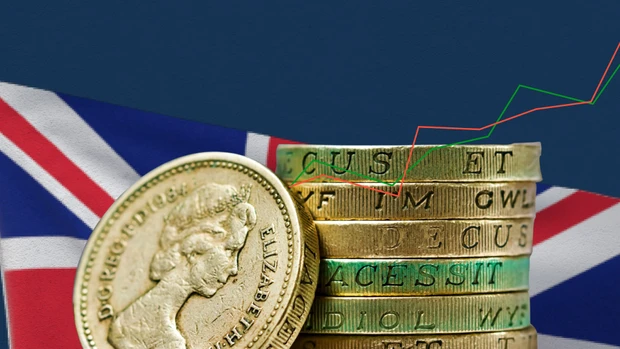UK economic growth rebounds in January
The latest growth figures suggest the UK economy has already moved on from the technical recession recorded in H2; but the immediate outlook still looks challenging

Today’s UK GDP print for the UK showed that the technical recession recorded for H2 2023 is already in the past and that growth is starting to pick-up again. The 0.2% monthly print for January was in line with expectations and very much lays the foundations for the economy to post a positive growth performance over Q1 as a whole, following two quarters of contraction. The story behind today’s numbers was almost exclusively one of retail sales, with the large 3.4% January bounce seen in sales contributing almost all – 0.18% - of the 0.2% overall growth figure. All the other drivers of growth mostly netted off against each other. The figures show how the growth in household real disposable incomes being seen – a combination of falling inflation, rising real wages and attempts by the government to limit an increasing tax burden - is finally starting to bear fruit.
However, it is far too soon to suggest the UK outlook is looking materially brighter. It remains to be seen whether consumer confidence will remain buoyant enough for the strength of spending activity seen in January to continue throughout the year. Even though real household disposable incomes are finally rising - and expected to continue doing so over 2024 - a deteriorating labour market, still high borrowing costs and an overall tax burden that is continuing to rise despite the recent cuts to national insurance made by the government, present considerable headwinds that may yet crimp spending behaviour in favour of boosting discretionary savings. Indeed, today’s report will do nothing to hasten the Bank of England from cutting interest rates, likely raising concerns instead inside Threadneedle Street about the potential for inflationary forces to be reignited on the back of strengthening demand.
Accordingly, any recovery in growth is likely to remain modest, at least initially, and particularly given that the full impact of the BoE’s monetary tightening is still yet to be fully felt by some businesses and households. With market consensus remaining unchanged that the first cut in interest rates will not be seen until August, it may therefore take until Q4 before we see growth starting to return to trend levels – and that may be too late to give the present government the pre-election boost it is desperately hoping for.









